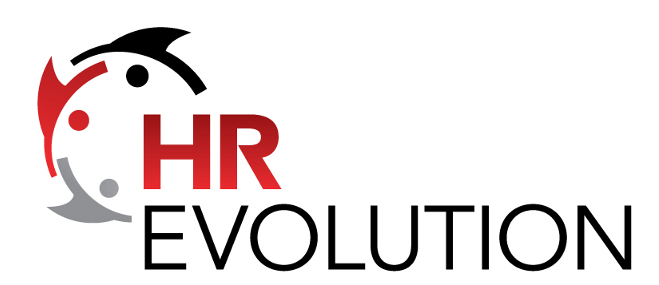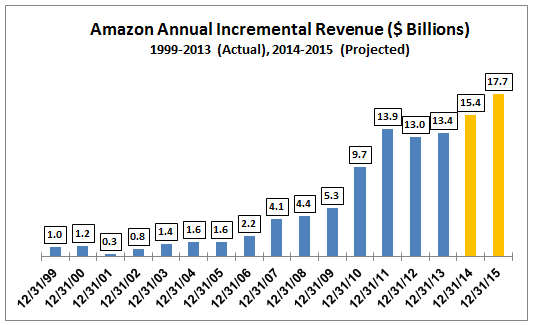Revolutionary HR Tech: Part 4 - What does culture look like? - #HRevolution
Note: For the rest of this week, (or longer if I can't manage to get it all done in time), I am going to run a short series of four posts inspired by a session at last weekend's HRevolution event in St. Louis that I facilitated along with the fantastic Mike Krupa.
In the session, we asked four teams of attendees to imagine, envision, describe, and articulate a new (or at least new to them), kind of revolutionary HR technology solution that would improve or enhance some aspect of HR, talent management, recruiting, strategy, etc.
The teams were each given a context to work in that roughly correspond to the major sub-types of HR technology tools today: Administration, Talent Management, Culture/Brand, and finally Insight/Analytics. The teams came up with some really clever and thought-provoking ideas in a really short time, and I thought it would be fun to share them (as best as I can recall them), here and try to keep the HRevolution discussions on this topic moving forward. We will consolidate all 4 revolutionary HR tech ideas into one paper that we will post here and on theHRevolution site as well.
Ok, let's hit the fourth and final HR tech idea - from the 'Culture' team, an idea for a new technology that I will call 'Culture is a Mirror'.
'Culture is a Mirror.'
That is the title/slogan/concept that the Culture team came up with when thinking about organizational culture, and what a revolutionary HR technology that could help the organization understand, define, and reinforce its culture would be based upon.
Their idea was that culture exists as a reflection of what people do, what they say, how they interact with each other, (and the outside world), and only by holding up a proverbial mirror to these actions and interactions can we begin to assess and interpret an amorphous idea like 'culture'.
So what might this kind of revolutionary tool, this 'mirror' for culture be able to do? Here are a few ideas, and my apologies to the 'Culture' team if I have left out (or invented) some of these:
1. Scan/review internal communications for things like tone, language choices, emojis, exclamation points, used of ALL CAPS, etc. to take a measure of the nature of internal exchanges and how people 'talk' to one another
2. Review existing 'culture' measurements against business performance and individual achievement. Things like engagement surveys, pulse surveys, participation in volunteer days, time and attendance trends, etc. The mirror would hold these measurements up in a way that allows the organization to compare if what it 'feels' about culture is actually reflected in actions and data.
3. Incorporate recruiting data and analytics (both internal and against peer companies), to reflect and compare whether or not the internal ideas and beliefs about culture are holding true when viewed through and external lens. It seems like often what the organization believes about its own culture does not always hold up, or at least fails to get completely and properly communicated to candidates and the public. The Culture Mirror tool would present the organization a way to compare these perceptions about culture, and make recommendations to take remedial actions as needed.
4. Finally, and perhaps the most interesting idea that the 'Culture' team came up with, the Culture Mirror tool would be highly visual, using a Pinterest or Instagram-like design and interface to help 'show' these ideas around culture, perception of culture, and what the 'mirror' sees when examining all the factors that combine to create culture. Are people smiling at work? Are they dressing in bright colors, or all in black? Do they seem happy when they walk in to the office, or are they trudging along, staring at the floor? The Culture team wants a technology that brings the idea of culture to life, in a highly visual way.
What do you think? Sound wild? I love the idea.
Actually, I love all four ideas that came out of the 'Building Revolutionary HR Tech' session. It is amazing what can happen when smart, engaged, and interesting people can do when there are very few limits to what they can imagine.
Thanks again to everyone who participated in the session - it was loads of fun for me too!
Final note: Big, big thanks to our HRevolution 2015 sponsors - Globoforce, Quantum Workplace, and The Arland Group.

 Steve
Steve



